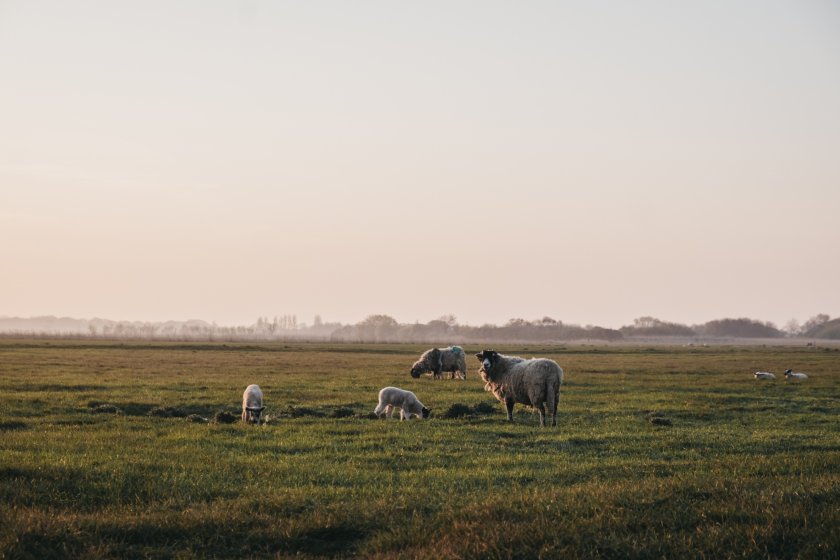
A case of bluetongue has been detected in sheep in Norfolk, marking a leap in the virus since it was first detected in Kent nearly a month ago.
The UK’s chief veterinary officer has urged farmers to remain vigilant for bluetongue serotype 3 after the disease was found in Norfolk.
A temporary control zone (TCZ) has been put in place around the mixed cattle and sheep farm, which makes the total number of TCZs in the UK at two.
The initial outbreak of bluetongue began on 11 November near Canterbury in a single cow, making it the UK's first case of the virus since 2007.
Defra has since widened the original 10km TCZ in Kent following confirmation of numerous other cases.
In an update issued on Friday (8 December), Defra said it had refreshed its guidance "to reflect confirmation of virus in sheep and two cases in Norfolk".
"Active surveillance in Kent and Norfolk has now identified further cases in cattle and sheep," the department said.
"Temporary control zones have been put in place around the affected farms in Kent and Norfolk, restricting the movement of susceptible animals except under licence."
The virus is usually transmitted by midge bites and affects cows, goats, sheep and other camelids such as llamas.
Midges are most active between April and November and not all susceptible animals show immediate, or any, signs of contracting the virus.
Impacts on susceptible animals can vary greatly – some show no symptoms or effects at all while for others it can cause productivity issues such as reduced milk yield, while in the most severe cases can be fatal for infected animals.
Christine Middlemiss, the UK’s chief veterinary officer, has urged farmers to remain vigilant for bluetongue virus following the latest news.
“Bluetongue does not pose a threat to human health or food safety, but the disease can impact livestock farms, and cause productivity issues," she said.
“This detection is an example of our robust disease surveillance procedures in action and it is also a clear reminder for farmers that the disease remains a threat, despite coming towards the end of the midge activity season.
“Farmers must remain vigilant and report any suspicions to APHA.”
BTV is a notifiable disease. Suspicion of BTV in animals in England must be reported to the Animal and Plant Health Agency on 03000 200 301.
Farmers in and around the TCZ can also call Ruminant Health & Welfare's (RH&W) bluetongue hotline on 024 7771 0386 for advice.
Bluetongue does not affect people or food safety.
